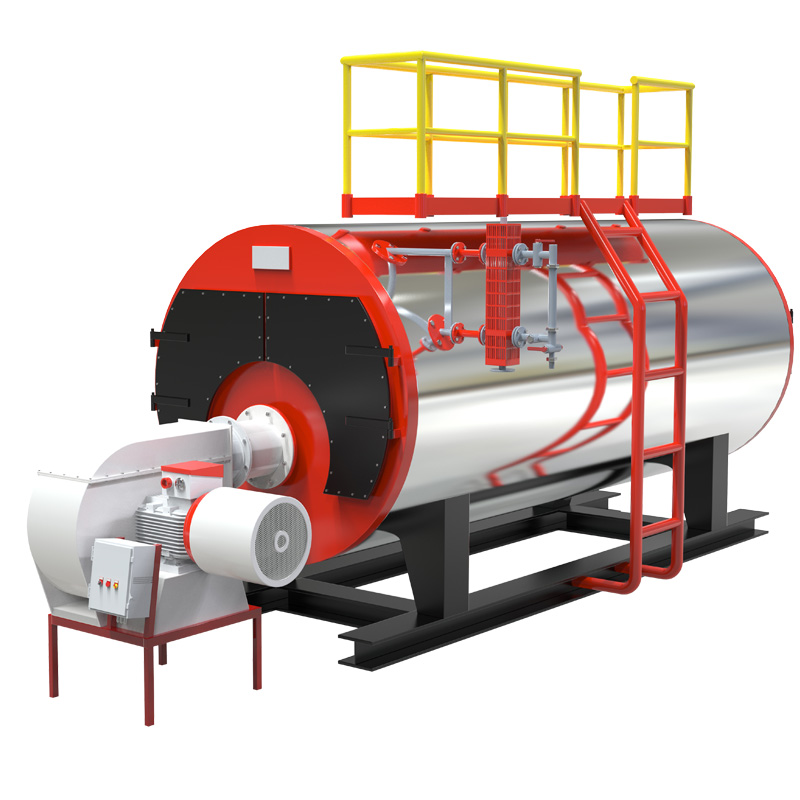
Nov . 09, 2024 04:13 Back to list
Effective Strategies for Treating Water in Steam Boiler Systems
Steam Boiler Water Treatment Ensuring Efficiency and Longevity
Steam boilers are integral to many industrial processes, providing heat and power for various operations. However, the efficiency and longevity of a steam boiler heavily depend on effective water treatment. Proper water treatment helps in preventing scale formation, corrosion, and other detrimental effects that can compromise the boiler’s performance. This article explores the importance of water treatment in steam boilers and the methods used to achieve optimal results.
Importance of Water Treatment
Water used in steam boilers often contains impurities such as dissolved solids, minerals, and gases. When water is heated to produce steam, these impurities can cause a variety of problems. Scale formation is one of the most common issues, where hard deposits accumulate on the boiler's heat transfer surfaces, reducing efficiency and increasing fuel consumption. Furthermore, scale can lead to overheating and, in severe cases, boiler failure.
Corrosion is another significant concern in steam boilers. Dissolved gases, particularly oxygen and carbon dioxide, can lead to pitting and localized corrosion, which can severely damage the boiler’s components. This not only shortens the lifespan of the boiler but can also lead to costly downtimes and repairs. Effective water treatment is crucial in preventing these issues, ensuring that the steam boiler operates efficiently and reliably.
Key Water Treatment Methods
1. Pre-Treatment The first step in water treatment is often pre-treatment, which involves removing the bulk of impurities before the water enters the boiler system. Common pre-treatment methods include
steam boiler water treatment

- Filtration Mechanical filters can remove suspended solids and turbidity from the water. - Ion Exchange This process replaces undesirable ions in the water (such as calcium and magnesium) with more benign ions (like sodium), effectively softening the water and preventing scale buildup. - Reverse Osmosis This advanced filtration technique uses a semi-permeable membrane to remove up to 99% of dissolved solids, greatly enhancing water quality before it enters the boiler.
2. Chemical Treatment Once the water has been pre-treated, chemical additives may be introduced to further manage impurities and enhance performance
- Scale Inhibitors These chemicals help prevent the formation of scale by interfering with mineral crystallization, reducing the likelihood of deposits forming on heat transfer surfaces. - Corrosion Inhibitors These substances form a protective layer on metal surfaces, significantly reducing the risk of corrosion. Common inhibitors include phosphates, silicates, and tannins. - pH Adjusters Maintaining the appropriate pH level is vital for preventing corrosion and ensuring efficient operation. Chemical substances like caustic soda or sodium bicarbonate can be used to adjust pH to the desired level (typically between 10-12 for boiler water).
3. Regular Monitoring and Maintenance A successful water treatment program includes regular monitoring of water quality through chemical testing. Parameters like hardness, pH, conductivity, and dissolved oxygen levels should be routinely checked to ensure effective treatment. Additionally, maintaining proper blowdown practices is essential. Blowdown refers to the process of removing some of the concentrated water from the boiler to control the levels of dissolved solids, which helps in maintaining water quality.
Conclusion
Steam boiler water treatment is an essential aspect of ensuring the efficiency and longevity of boiler operations within industrial settings. By utilizing a combination of pre-treatment, chemical treatment, and rigorous monitoring, companies can prevent scale and corrosion, effectively managing the quality of water used in their steam systems. Investing in proper water treatment not only saves money on repairs and maintenance but also enhances safety and efficiency in steam boiler operations, making it a critical practice for any facility that relies on steam for its processes. Through diligent water management, industries can achieve sustainable and reliable steam production well into the future.
-
High-Efficiency Commercial Oil Fired Steam Boiler for Industry
NewsJul.30,2025
-
High-Efficiency Biomass Fired Thermal Oil Boiler Solutions
NewsJul.30,2025
-
High Efficiency Gas Fired Thermal Oil Boiler for Industrial Heating
NewsJul.29,2025
-
High-Efficiency Gas Fired Hot Water Boiler for Sale – Reliable & Affordable
NewsJul.29,2025
-
High Efficiency Biomass Fired Hot Water Boiler for Industrial and Commercial Use
NewsJul.29,2025
-
High-Efficiency Biomass Fired Hot Water Boiler for Industrial Use
NewsJul.28,2025
Related PRODUCTS






















